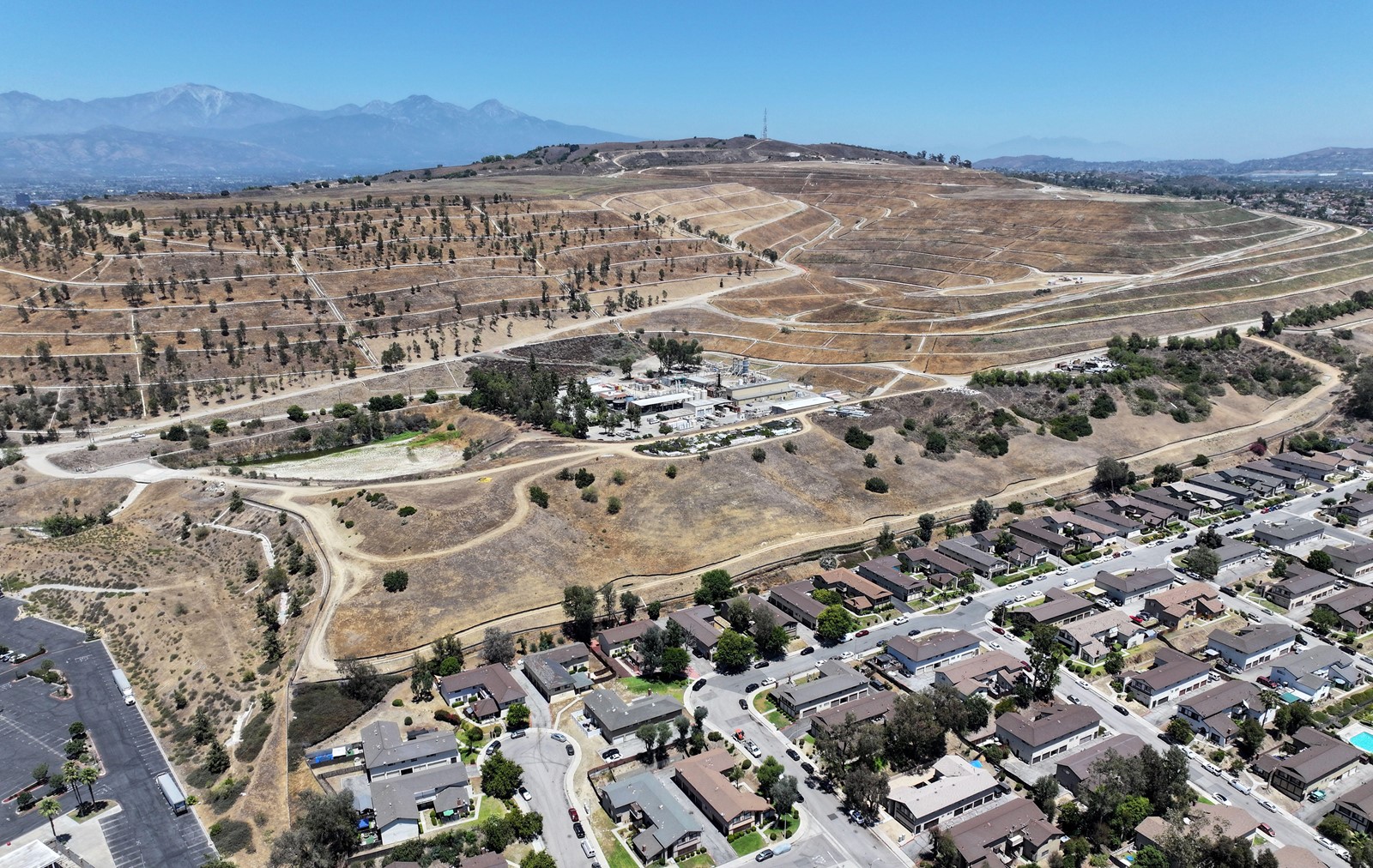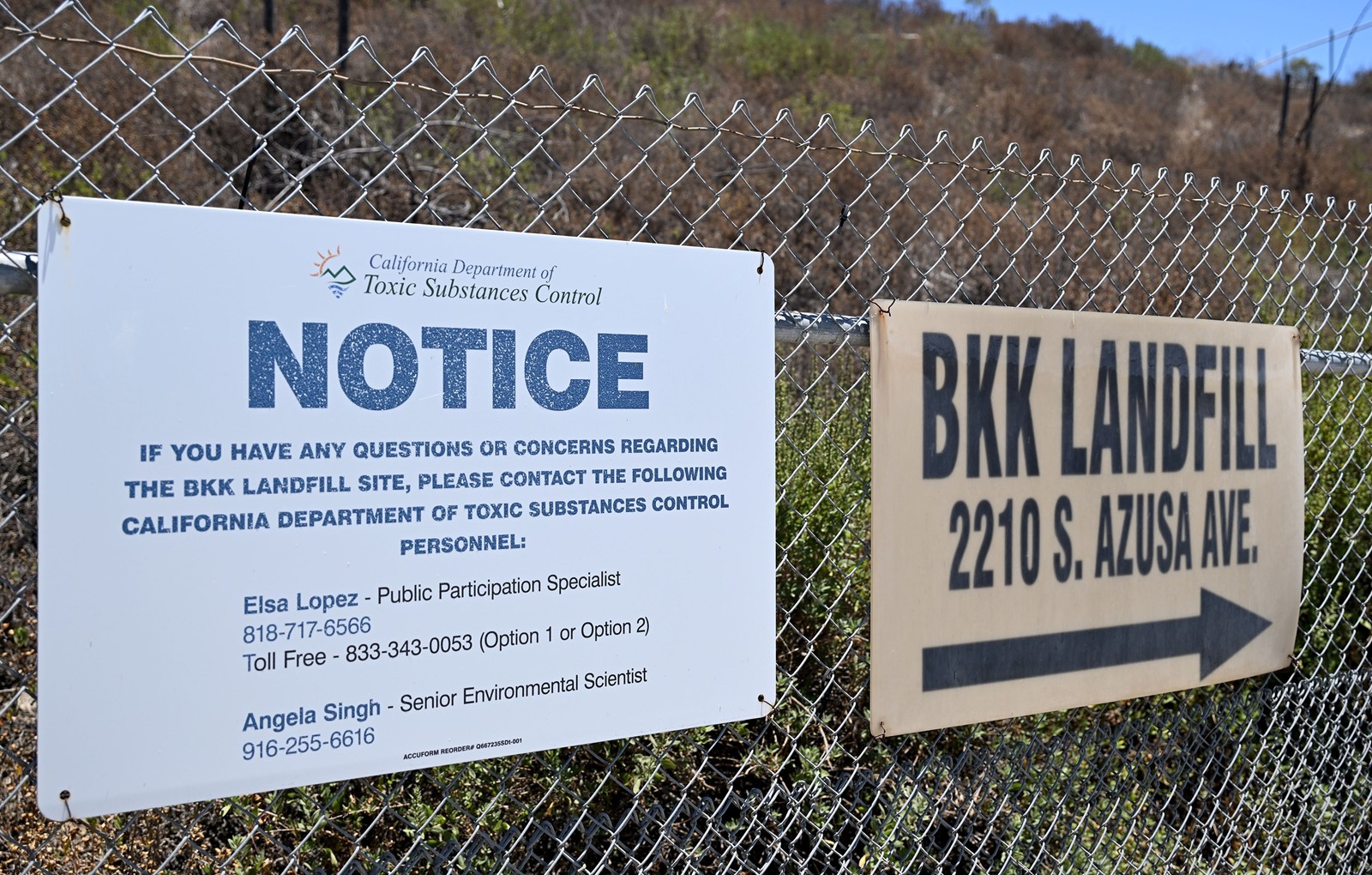

infamous BKK Corporation Landfill, which was closed in 1996 after numerous lawsuits.
“We respectfully remind the city council that 17 square miles of land lie within the city limits of West Covina,” the letter read. “We urge the city council to locate a site for the new City Yard that is not next to a unlined, leaking, un-remediated, toxic hazardous waste landfill.”
West Covina’s current city yard is home to a fleet of equipment for public works duties, as well as the defunct city Fire Station 1, which was condemned in 2021. Mayor Tony Wu said he is hoping to sell the current city yard for about $30 million.
Plans for the development of the BKK landfill have varied. In 2019, the City Council opted toward a proposal from Pasadena-based developer Singpoli to develop a hotel at the site. Residents reached out to the City Council en masse to object to the development, concerned the construction would be enough to disrupt dormant toxic waste in the area, and hopeful the city would seek ideas from the public on what to do with the land instead.
Livable West Covina led their own community presentations at the time with 36-year West Covina resident and Livable West Covina co-founder Brian Jobst presenting a possible solution of selling to a conservation interest like the Trust for Public Land or the Sierra Club. They would then be responsible for determining how best to use the land to benefit the community, such as establishing parks, designating habitat and wildlife preservation areas and creating trails to connect to existing ones in the area.
Jobst also presented the idea of the city profiting off of the land by leasing or using the flat top area of the former landfill for non-penetrative solar panels.
Wu spoke with the Southern California News Group over the phone and argued the land was ready to be developed. Wu said he is hoping to not only develop the land for a new city yard, but also work with neighboring city councils to develop connecting walking trails in the area and a park.
“We need to beautify this place,” Wu said.
Jobst said the purpose of the letter, which was sent to 41 city employees in addition to the City Council members, is to hold the city accountable by ensuring that they’re aware of the possible costs and permitting necessary to develop properly.
“ We want a very clear written record,” Jobst said. “Over many, many years, this is what the city council knew. This is what the city manager knew. This is what the assistant city manager knew. This is what the finance director knew. This is what all the senior staff knew. No way around it. You can’t play the game of ‘we didn’t know.’”


 PREVIOUS ARTICLE
PREVIOUS ARTICLE
